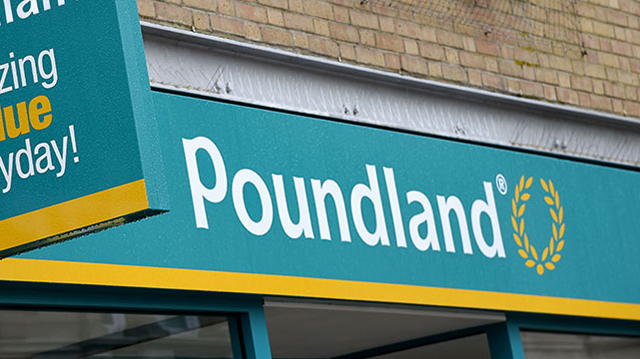The merger of Bayersische HypoBank and Bayerische Vereinsbank coincides with a move into investment banking, writes Alex Catalano
German mortgage banks have been pre-eminent in the UK property lending market in the 1990s. Having moved in at the end of the 1980s, they thrived during the subsequent recession. While almost all other overseas and UK lenders pulled out of the sector to concentrate on their problem loans, the Germans were always prepared to do sensible, income-backed investment lending.
Over this period, the big German banks have amassed big real estate loan portfolios: HypoBank’s is £2 bn; DePfa about £900m; Helaba £720m. And the number of players has also grown: there are now some 17 German property lenders active in London
Competition is intense, particularly now that the UK banks have re-entered the fray. Margins have slipped to 50 basis points above LIBOR (London inter-bank offered rate) and loan-to-value ratios are coming under increasing pressure.
It is partly as a result of these market changes that one of the larger players, Hypobank, has decided to expand its range of activities and move into investment banking. It has recruited three senior bankers: Peter Scott, formerly with BZW’s property advisory group; Mike Birch from Citibank, and John Humberstone, assistant director of specialised financing at Hong Kong and Shanghai Banking Corporation.
While Hypo will continue to grow its traditional “plain vanilla” property lending in the UK, the investment banking arm – to be called Hypo Advisory — will act as an arranger of investment and development finance or helping clients raise equity. HypoBank also has its own UK property investment arm in the UK, Hypo PSL. And, says the bank’s general manager in London, Georg Funke, Hypo also wants to move into managing investment portfolios for clients. “The markets have become very sophisticated, and are going forward, especially for big-ticket transactions. You have to offer more,” he notes.
Hypo has the comfort of a big balance sheet, now to be even larger as a result of the recently-announced merger with its rival, Bayeriche Vereinsbank. Once united, these two Munich-based banks will become Europe’s largest real estate lender and second only to Deutsche Bank in overall size.
Other German banks are also adjusting their strategies in the UK. “We also realise that the days of plain vanilla lending no longer exist, and if you do, the competition is very heavy. We’re specialising on the difficult, larger deals,” says Francis Hazeel of DePfa.
These more complex transactions can often involve sorting out legal or tax issues and mezzanine funding, sometimes with cross-border investors. DePfa’s Hazeel gives the example of a recent deal which involved Finnish investors, real estate in Brussels, and a UK property used for security. “It’s not pure lending; you’re half-way to being an investment bank” says Hazeel.
So far, it is the UK market which is being targeted, but while Hypobank was strong in London, Vereinsbank has long been active in Paris, which could presage a move into France. There, the domestic banks are only now beginning to recover from the traumatic property crisis of the early 1990s.










